Blackcurrant is a shrub whose fruits, leaves and branches are rich in vitamins and minerals. In folk medicine, blackcurrant is used to strengthen the immune system and treat some diseases. Blackcurrant leaf tea is very popular among people in some more northern countries. Let's see why.
Everything is useful in blackcurrants - both the fruit, and the leaves, and even the twigs. Blackcurrants can be eaten fresh, made into juice, and if dried, can be made into tea. Although it is more common for people to make tea from blackcurrant leaves as well as its twigs.
To prepare such tea both fresh and dried leaves or twigs of blackcurrant are used. Therefore, blackcurrant tea is relevant at any time of the year.
How to collect blackcurrant leaves for tea
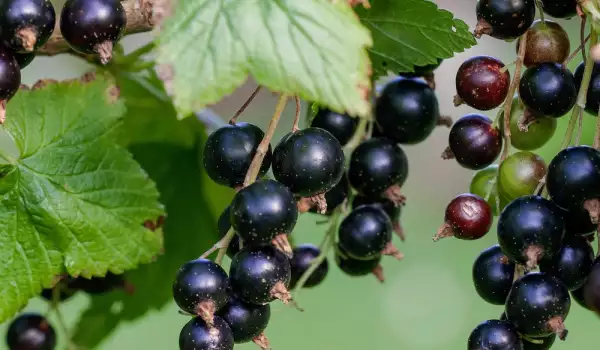
Blackcurrant leaves are collected during the blooming period. At this time, they accumulate the maximum amount of essential vitamins, macro- and microelements. It is important that the bushes have not been chemically treated a month before. The leaves must be selected healthy, without the presence of fungi.
The collection time should be between 10-12 hours, so that the morning dew has already dried, the weather should be clear, with minimal humidity. They must then be properly dried and stored:
- a thin layer of the collected raw materials is placed on a smooth surface (baking tray, plate);
- leave them for 1 day in a dark place, hidden from sunlight;
- leaves whose edges have dried are collected in piles of 10 and rolled up with a tube;
- then they are placed in an enamel bowl, covered with a damp cloth and placed in a warm place for 12 hours for fermentation;
- after the expiration of the time, it is dried in the oven at a temperature of 100°C;
You can store them for 2-3 years in a glass container with a tightly closed lid or cotton bags.
Blackcurrant twigs are collected in early spring when the bush is pruned. They are dried in the shade in an airy place. The fruits are collected at full maturity.
Useful properties of blackcurrant
During the flowering period, the leaves accumulate a maximum of ascorbic acid, essential oils, phytoncides, so their use in tea:
- Blocks the development of inflammation. It is used in the fight against colds as decoctions;
- Act bactericidal and antiseptic, antifungal;
- Strengthens the protective functions of the body;
- Blackcurrant tea also has a diaphoretic effect, lowers body temperature;
- Blackcurrant leaves are also used for inflammation of the oral cavity;
- This tea helps with throat diseases, relieves hoarseness;
- Inhibits the formation of free radicals. As an antioxidant due to the presence of polyphenolic compounds, they prevent metabolic disorders, aging of the body and contribute to the removal of toxins;
- Has an energizing effect;
- Helps to remove uric acid;
- Helps to maintain the density of teeth and bones;
- Strengthens the myocardium and regulates blood circulation (due to the presence of potassium, calcium, phosphorus);
- Strengthens the walls of blood vessels, makes them elastic, has a diuretic effect;
- Helps with stones in the gall bladder and kidneys;
- Blackcurrant leaf tea is a good prophylactic agent for diseases of the gastrointestinal tract, increases appetite.
How to make blackcurrant tea
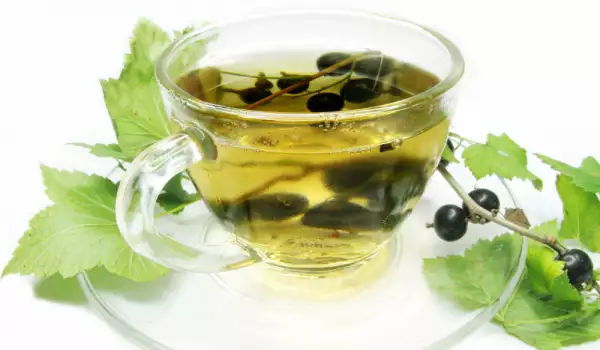
To make tea, you will need two tablespoons of crushed blackcurrant leaves per 0.5 liters of boiling water. Pour boiling water over the leaves and let it steep for 15-20 minutes. Blackcurrant twigs can be added to the leaves, and fruits, if desired. Mint, raspberry leaves, blackberries or jasmine flowers can be added to such tea. The tea will be even more aromatic and healthier.
Blackcurrant tea will give you many benefits and pleasant impressions from its taste and aroma.
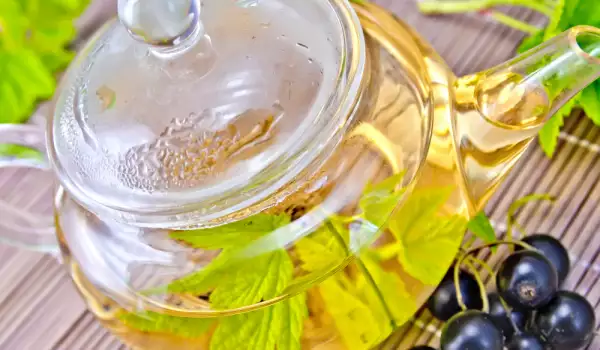
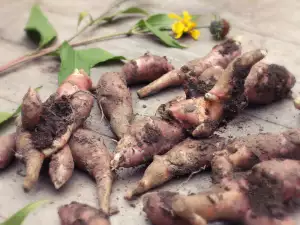
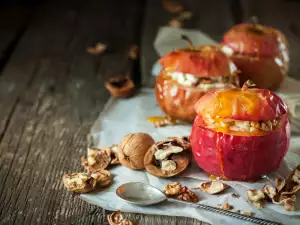

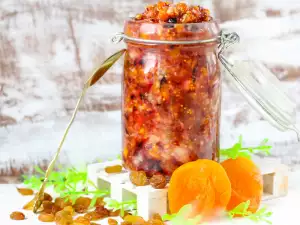
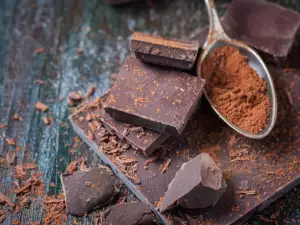
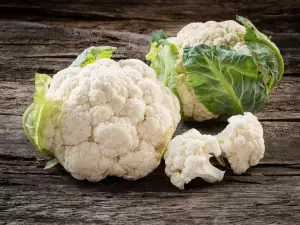
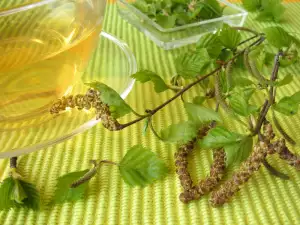
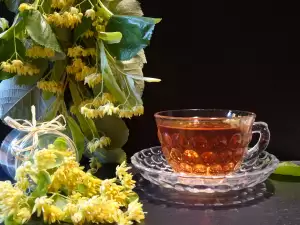
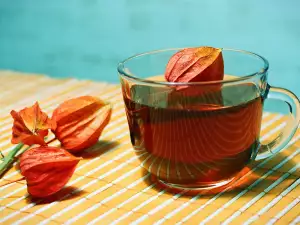
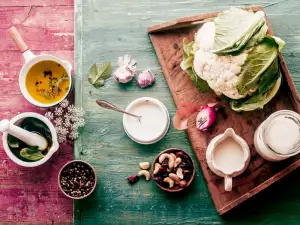
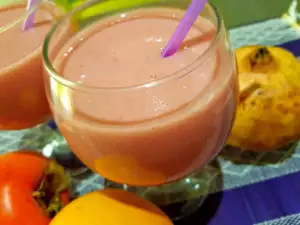
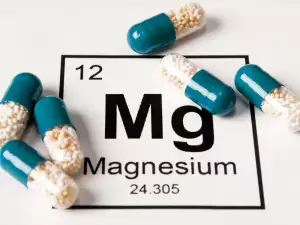

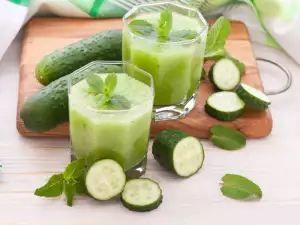
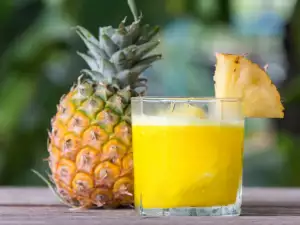




Comments